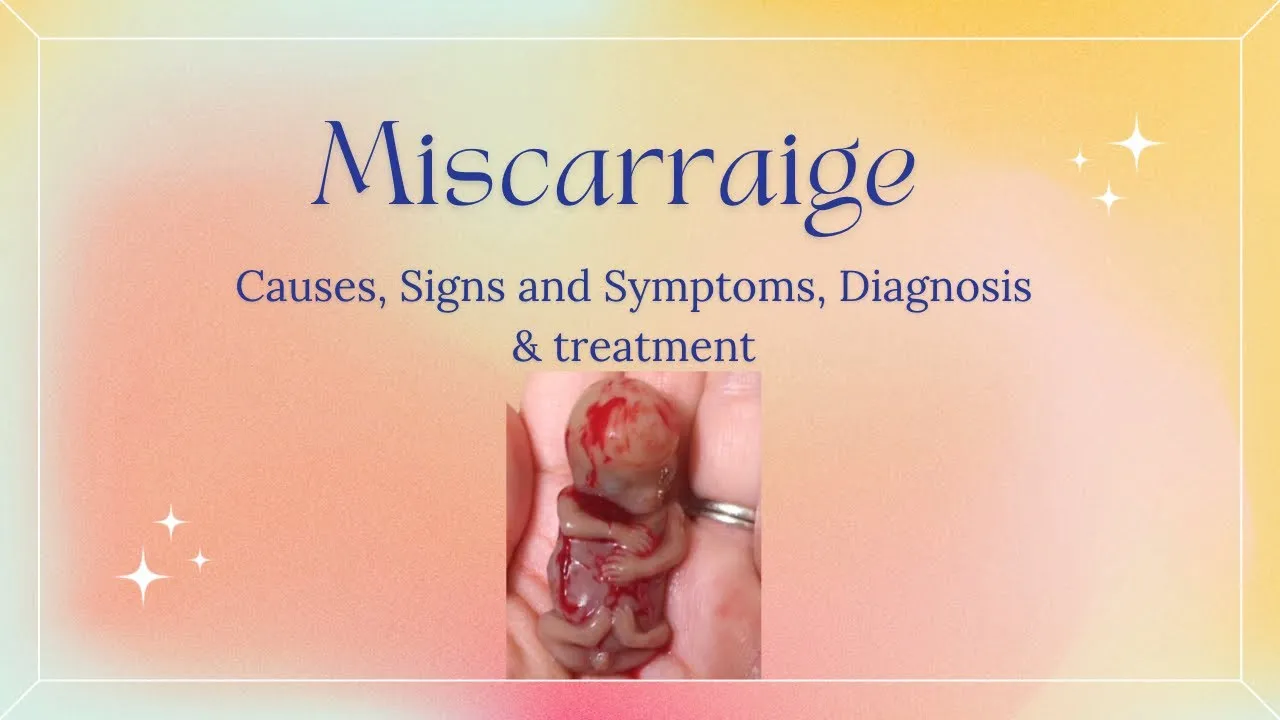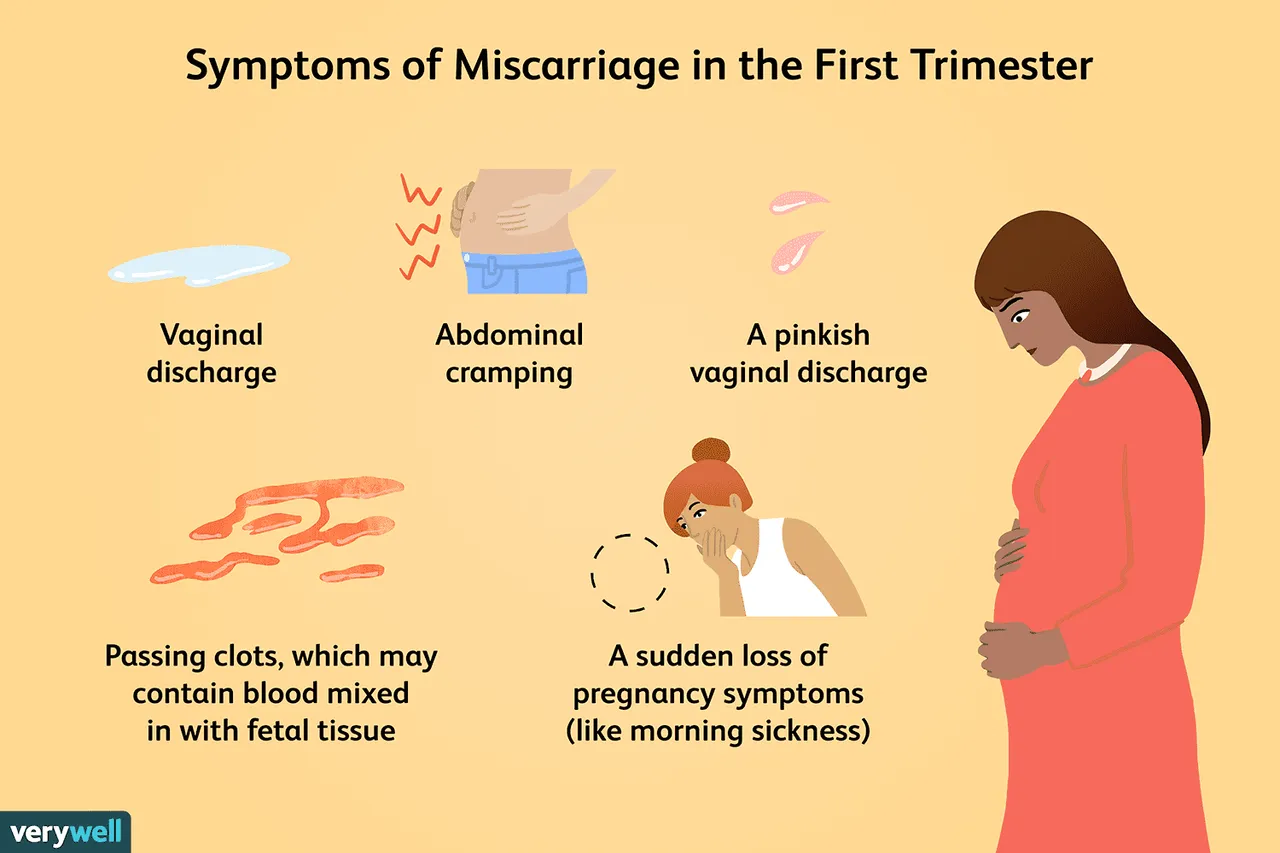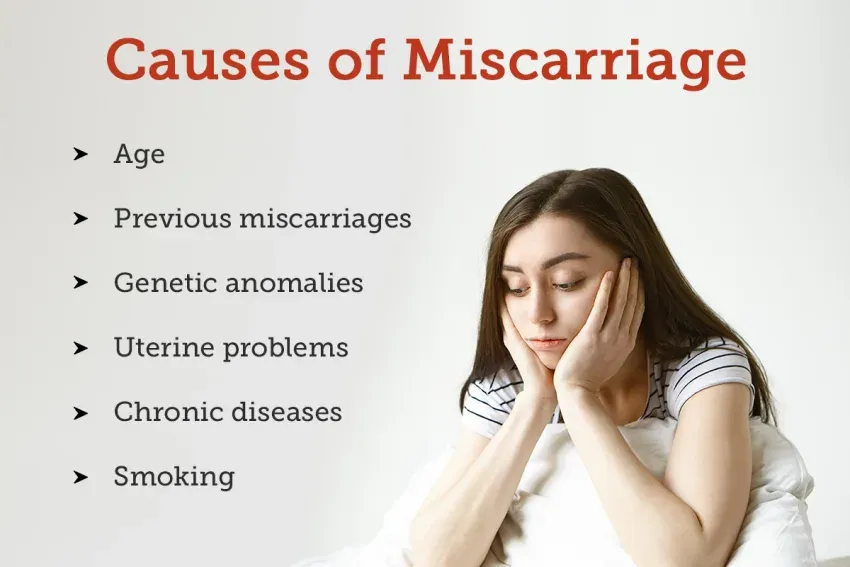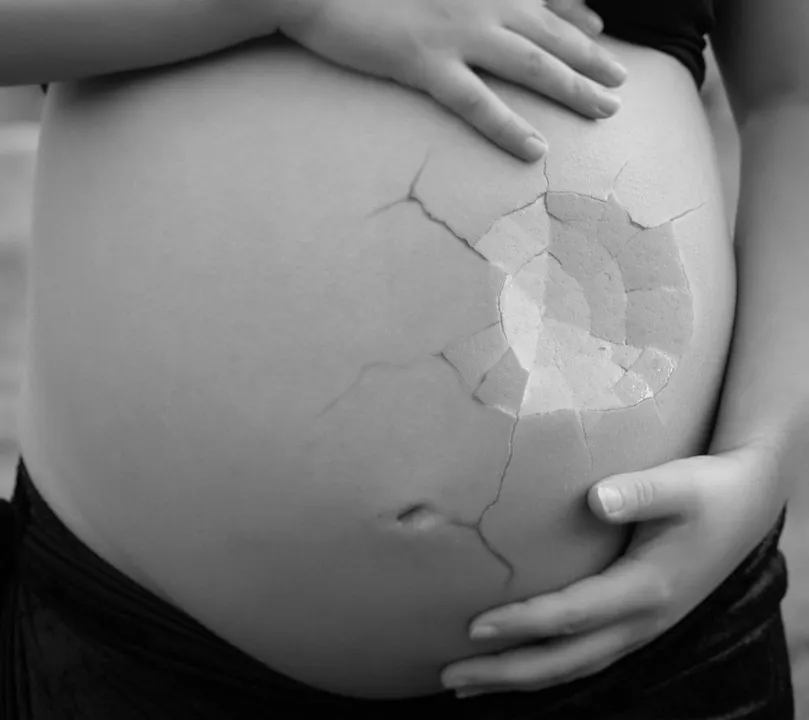When you find out you're pregnant, it's a time of great excitement and anticipation. But for one in four women, that joy is replaced by heartbreak as they experience a miscarriage.
Miscarriage is a devastating event, but it's important to understand that it's not your fault. Many people don't know much about miscarriage, which can lead to a lot of misconceptions and myths. In this article, I'll dispel the myths and talk about the causes of miscarriage, as well as some possible solutions.
What Is a Miscarriage?
A miscarriage is commonly regarded as a situation whereby pregnant woman losses her baby before it gets to 20 weeks from the conceived time. It's more common than you might think, affecting about one in four pregnancies.
It's recognized that sometimes a miscarriage may just occur which means it can happen to any pregnant woman. Sometimes it's because the baby isn't developing properly, or there might be a problem with the placenta. Sometimes there's no clear reason why it happens.
Miscarriages can be very upsetting, both for the woman and her partner. It's important to remember that you're not to blame and that most miscarriages happen for no clear reason.
What Causes a Miscarriage?
Many people don't know what causes a miscarriage. They may think that it's the woman's fault, or that she did something to cause it. But the truth is, most miscarriages are caused by problems with the baby's chromosomes.
Chromosomes are the brain behind the genetic information mainly in our cells. Sometimes, something can go wrong with them and this can cause a miscarriage. The good news is that most miscarriages can be prevented by getting screening tests early in pregnancy.
These tests can tell us if the baby has any chromosomal abnormalities. If we know about these problems ahead of time, we can get help for the mother and sometimes terminate the pregnancy. So it's really important to get these tests done, even if you're worried about them.

How Can I Prevent a Miscarriage?
You might be wondering how you can prevent a miscarriage. For now, I may not be able to give any specific answer in that regard. Every woman's body is different, and so the causes of miscarriage can vary from woman to woman.
However, there are things you can do to help increase your chances of having a healthy pregnancy. One of the most important is to make sure you're getting enough nutrients, especially iron and folic acid. You should also avoid smoking, drinking alcohol, and consuming caffeine.
Another thing you can do is get regular prenatal care. This means seeing your doctor or midwife for check-ups at least once a month until you reach the end of your pregnancy. If you have any concerns or symptoms, be sure to let your doctor know right away.

When Should I See a Doctor?
If you're experiencing any of the following symptoms, you should see a doctor with immediate effect:
-Bleeding that's heavier than a menstrual period
-Pelvic pain that doesn't go away
-Severe cramps
-Fever over 100 degrees Fahrenheit
-Passing tissue or clots
If you have any of these symptoms, don't wait—call your doctor and get help. Early diagnosis and treatment are key to preventing a miscarriage.
Conclusion
You might be wondering what you could have done to prevent your miscarriage. The truth is, sometimes there's nothing that could have been done. Miscarriages can happen for a number of reasons, and many times they are simply out of our control.
Sources:
https://www.webmd.com/baby/understanding-miscarriage-prevention
https://www.webmd.com/women/pregnancy-when-to-call-your-doctor



